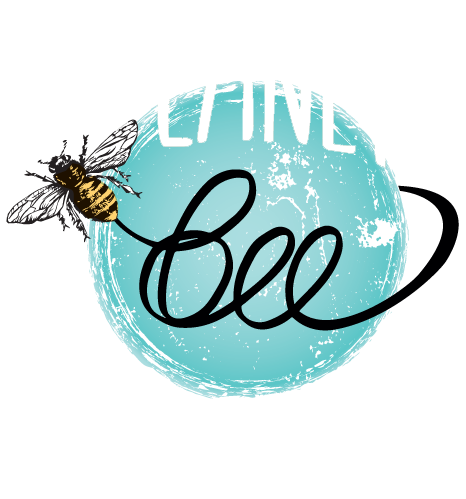
Seed Ball Stewardship Grant
Support the Seed Ball Stewardship Grant
This program is powered by the generosity of our donors. Your contribution directly funds the materials and STEM lessons that make this conservation work possible.
$25: Plant the Possibility: Provides regionally appropriate, pollinator seeds from Renee's Garden to inspire a student's conservation journey.
$50 : Support STEM Learning: Delivers a full set of environmental STEM lessons to one classroom.
$100: Seed Ball Kit for a Classroom: Equips an entire class with seeds, clay, and soil to create pollinator habitats.
$250: Kits for a Grade Level: Supports large-scale habitat restoration across multiple classrooms.
$500: Empower a Whole School: Brings kits and eco-STEM curriculum to every student on campus.
At checkout, simply mention in the comments that you'd like your donation to support the Seed Ball Program!
.png)

Grant Eligibility
Status: The Seed Ball Stewardship Grant is a need-based, rolling grant opportunity. We welcome applications from schools, nonprofits, and community organizations.
Requirements:
Impact Reporting: Recipients are required to complete a brief spring survey and share photos of their project and progress.
Program Support: This feedback allows us to showcase the program's impact and secure future funding from our supporters to keep this initiative alive.

Grant Timeline
Opening Date: January 27, 2026.
Review Process: Applications are reviewed every two weeks on a rolling basis.
Awarding: Grants will be awarded until funding and supplies are exhausted for the season.
Stay Updated: To be the first to hear about future cycles, sign up for our newsletter.
BEE A PART OF ENVIRONMENTAL ACTION FOR POLLINATORS!
Seed Ball Stewardship Grant: Growing Conservation Together
Our Seed Ball Stewardship Grant Program empowers participants to take direct action for pollinator health. This hands-on program provides the tools necessary to create "seed balls", a fun and effective way to plant forage and restore local habitats.
What's Included:
Comprehensive Seed Ball Kits: Recipients receive all essential materials, including soil, clay, and high-quality, pollinator wildflower seeds provided in partnership with Renee’s Garden.
Educational Support: Grantees gain exclusive access to Planet Bee’s Environmental STEM Programs. This includes live virtual lessons led by our educators and NGSS-aligned curricula designed to turn students into environmental stewards.
Community Science: Participants are asked to share their progress and photos, contributing to a larger movement of pollinator conservation and awareness.
New for 2026: Partnering with Renee’s Garden
We are thrilled to announce that 2026 grant recipients will receive a revamped seed ball kit, made possible in large thanks to our partnership with Renee's Garden. Renee's Garden is a seed company dedicated to biodiversity and environmentally responsible gardening. Together, we ensure that every 2026 kit contains high-quality, nectar-rich seeds that provide a sanctuary for local pollinators.
"Every time you choose a nectar-rich heirloom variety over a sterile modern hybrid, you are casting a vote for biodiversity. You are ensuring that the bees and butterflies that have visited our gardens for generations will have a place in the future." — Renee Shepherd
